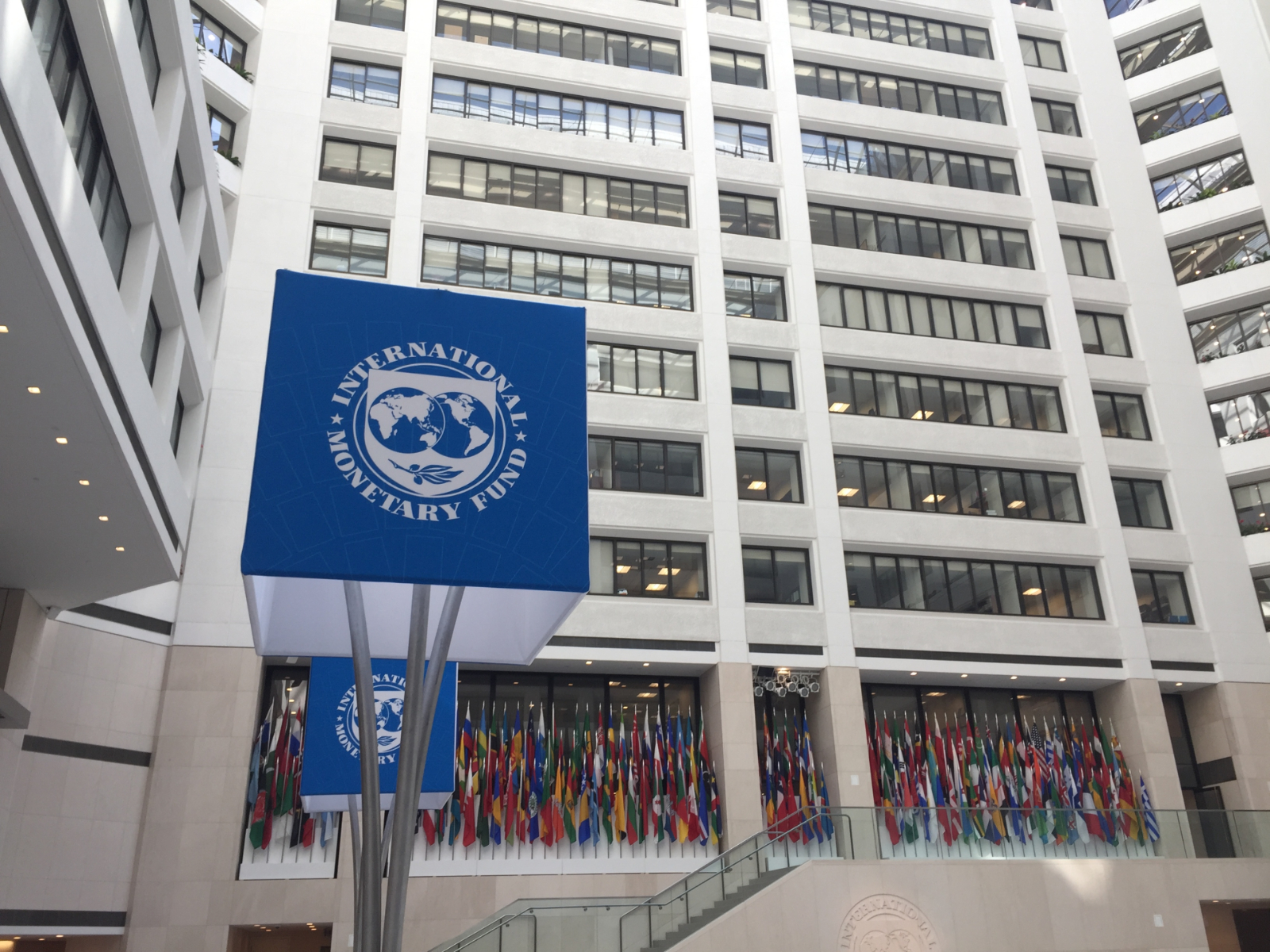IMF gives initial approval to second tranche of USD 5.2 bn standby loan

Egypt is on track to receive the second tranche of its USD 5.2 bn IMF standby loan after it reached a staff-level agreement with the fund following a review of the 12-month program, the IMF said in a statement. Some USD 1.6 bn will be paid out should the fund’s executive board give its approval when it meets in the coming weeks, it said. This would take the total disbursements under the program to USD 3.6 bn, with Cairo having received the first USD 2 bn installment in the summer alongside a USD 2.8 bn rapid financing instrument designed to shore up the country’s balance of payments.
The standby loan: A refresher. The financing is meant to support Egypt’s economic recovery through covid-19 as key economic sectors such as tourism remain deflated by the pandemic’s effect on international travel. The extra cash will continue to help Egypt narrow its budget deficit and boost social spending to protect vulnerable groups, as well as increase spending on health and implement structural reforms.
When can we expect to receive the money? It’s possible the money will be paid out in December, Finance Minister Mohamed Maait said in an interview on Ala Mas’ouleety last night (watch, runtime: 23:29).
The economy is beating forecasts: “The Egyptian economy has performed better than expected despite the pandemic. Containment measures, supported by the authorities’ effective crisis management, and strong implementation of their policy program helped mitigate the effects of the crisis,” IMF Egypt boss Uma Ramakrishnan said. Private sector activity has shown signs of recovery in recent months and conditions in the financial markets have stabilized, she said.
But we’re not out of the woods yet: A potential resurgence of the virus continues to pose a threat to the economic recovery, while the country’s vital tourism sector remains “at an almost standstill,” she said.
Reserves, primary balance get us brownie points: The IMF team found that all program targets for end of September had been met, while the primary balance and international reserves had exceeded targets. Foreign reserves have been steadily rebounding since June, rising from USD 36 bn in May to USD 39.22 bn in October thanks in part to the government’s FX-denominated Eurobond and green bond issuance earlier this year. Meanwhile, the government achieved a small EGP 100 mn primary surplus during 1Q2020-2021. Egypt “remains on track to achieve a primary surplus of 0.5% of GDP,” slightly above the 0.4% forecast by the IMF in October.
The IMF also praised the passing of the Customs Act ahead of schedule. The act is expected to expedite clearance times and imposes harsher penalties for customs evasion.
What about our low inflation? September’s 3.7% headline inflation rate was lower than the target band of 6-12%, triggering consultations with the IMF’s technical team under the terms of the SBA, the statement said. The IMF staff praised the central bank’s two 50-bps interest rate cuts in September and earlier this month, which Ramakrishnan described as “appropriately accommodative.”
The IMF could press for more easing if inflation doesn’t pick up in the months ahead: Inflation in October remained below the target range despite September’s rate cut helping to spark a slight acceleration in price growth. Analysts expect inflation to close out the year between 5-6%, which under the terms of the arrangement may mean that Egypt has to consult with the fund’s technical team.
What we need to do to stay in the IMF’s good books: The IMF urged “continued strong program implementation, including sustained progress in key structural reforms.” It called for the central bank to maintain flexible exchange rates to help the economy withstand economic shocks, and for the government to stick to its commitment to return to a 2% primary surplus, which it forecasts from FY2022-2023 onwards.